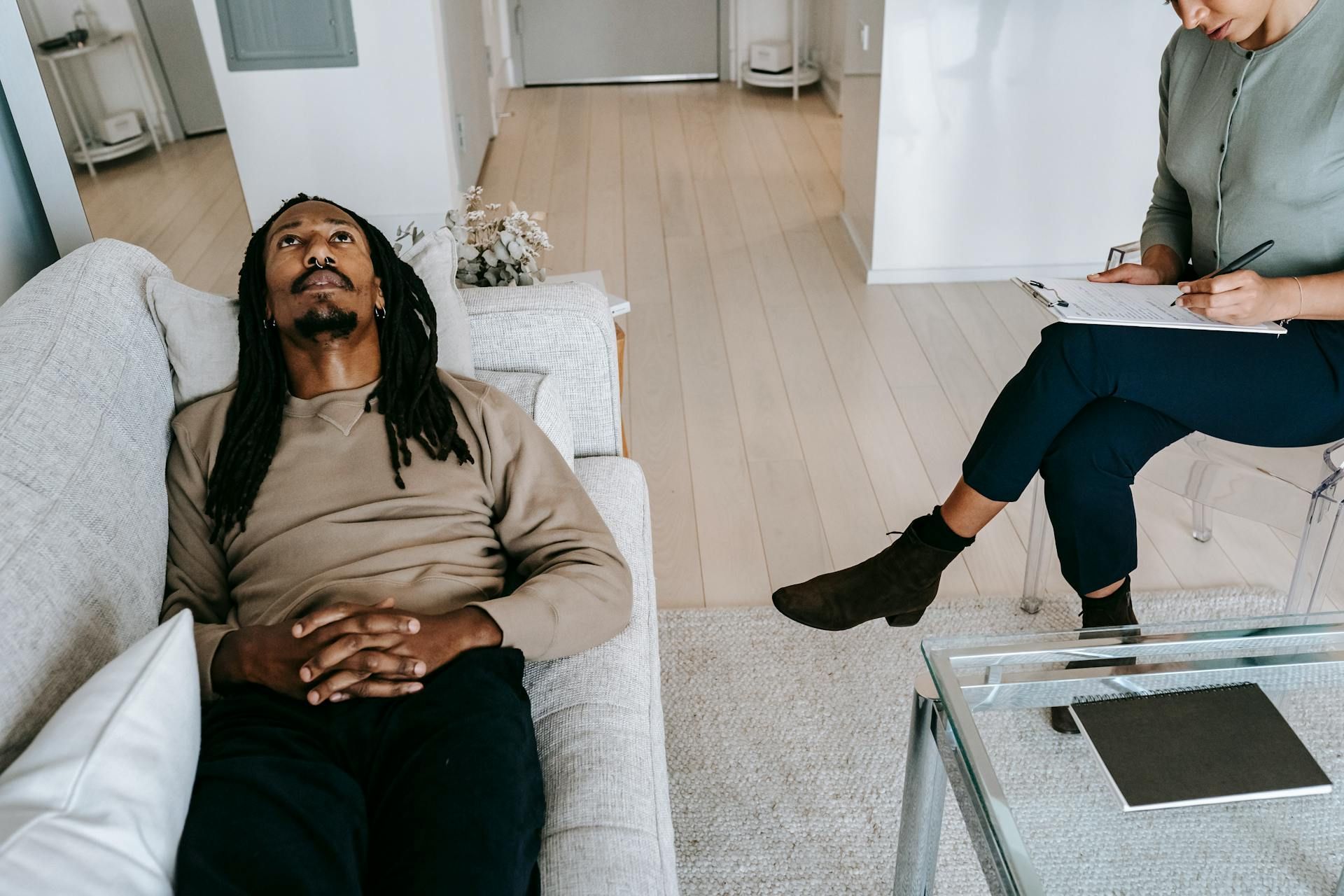Love is often portrayed as a beautiful, fulfilling experience, but for some, it triggers deep anxiety and emotional distress. This condition is known as philophobia, the fear of love or emotional attachment.
What Is Philophobia?
Philophobia goes beyond ordinary hesitation or nervousness about relationships. It is an intense fear that can interfere with a person's ability to form or maintain close emotional connections. This fear is often rooted in past experiences such as childhood trauma, emotional neglect, abandonment, rejection, or the loss of a loved one.
Many individuals with philophobia have been emotionally wounded in the past. They may have grown up in environments lacking affection, affirmation, or security, which shapes their perception of love as something unsafe or unpredictable.
Common Causes and Triggers of Philophobia
1. Negative Childhood Experiences
For many, the roots of philophobia stretch back to childhood. Imagine growing up hearing harsh words like “You were a mistake” from a parent, a phrase that isn’t just painful but leaves an indelible mark on a young heart. This experience of being called a mistake by a mother, combined with abandonment by a father, can create a profound emotional void. These early wounds sow seeds of insecurity and fear that grow into a tangled web of mistrust toward love. Without the foundation of nurturing and acceptance, the idea of love becomes associated with pain, rejection, and unpredictability.

2. Past Relationship Trauma
Philophobia often isn’t the result of a single heartbreak. Instead, it can build over time, through repeated experiences of loss, betrayal, or emotional pain. For someone who consistently gives their heart fully in relationships, the wounds can pile up. Each breakup or betrayal reinforces the belief that love is dangerous, that opening up only leads to hurt. Even the death of a loved one can reinforce this fear, making future love feel too risky to pursue. This trauma creates a protective barrier, preventing new emotional attachments to avoid repeating past pain.
3. Fear of Vulnerability
Love requires vulnerability, that is, letting someone see not just your strengths but your deepest fears, flaws, and weaknesses. For many, this feels like surrendering control. Opening your heart means exposing yourself to possible rejection, judgment, or abandonment. The fear that others might use your vulnerabilities against you leads to emotional walls being built, where closeness feels terrifying rather than comforting. Loving and being loved means trusting another person with your true self, and for someone with philophobia, that level of openness can be overwhelming.
4. Low Self-Esteem
Feelings of unworthiness often accompany philophobia. When someone believes they do not deserve love, they may unconsciously sabotage relationships or avoid them altogether. Low self-esteem can stem from critical voices in childhood or repeated negative experiences that diminish one’s sense of value. This mindset convinces a person that love is something meant for others, but not for them.
Signs of Philophobia
- Avoidance of romantic relationships
- Difficulty expressing emotions
- Anxiety or panic at the thought of falling in love
- Distrust in others' intentions
- Sabotaging relationships before they get serious
Overcoming the Fear of Love
While philophobia can be deeply rooted, it is possible to overcome it with intentional steps toward healing:

1. Seek Professional Help:
Therapy provides a safe space to explore past experiences and develop healthier beliefs about love and connection. It will help you face haunting memories, slowly showing you deserve love.
2. Practice Self-Compassion:
Self-compassion means learning to treat yourself with the same gentleness you'd extend to a friend. Instead of punishing yourself for what you feel or don't feel, give yourself permission to heal at your own pace. Replacing self-criticism with kindness helps build emotional resilience and trust in oneself. Love can begin when you stop judging yourself for needing it.
3. Challenge Negative Thoughts:
One of the most powerful tools in overcoming philophobia is learning to recognize and reframe negative thinking. Start questioning the inner dialogue. Learning to recognize and reframe harmful thought patterns can change how love is perceived. Read further on challenging negative self-worth
4. Building self-worth:
You cannot believe in love without first believing in yourself. Philophobia often feeds off low self-esteem, the internal narrative that whispers you're not good enough to be loved. You can start by practicing daily affirmations, setting clear boundaries, and celebrating small personal achievements that remind you of your value.
5. Nurture Spiritual or Inner Healing:
For those with spiritual beliefs, connecting with a higher power can offer comfort, identity, and unconditional love.
Conclusion
Philophobia is not a permanent condition, it’s a protective response to pain that can be unlearned. Healing from the fear of love is not just about entering a romantic relationship. It’s about reclaiming the ability to connect with others, form healthy bonds, and embrace love in all its forms, be it romantic, platonic, and spiritual.
Love doesn’t have to be scary. With help, healing, and hope, it can become safe again.
Speak to a professional about your fears today. Book your first session or start with a consultation today!
